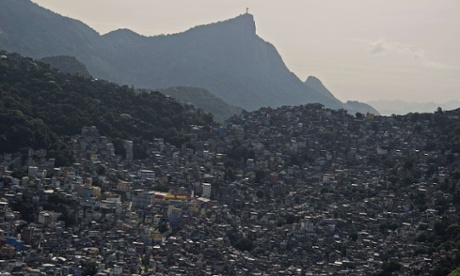By Kathryn Maureen Ryan
Impunity Watch Reporter, Middle East
CAIRO, Egypt–Ten people, mostly police offers and soldier, were killed in three separate attacks Monday in Egypt. An attack in the city of Ismailiya on the Suez Canal killed six soldiers when a gunman opened fire on a military patrol. Attackers allows fired rocket-propelled grenades in Maadi, a suburb of Egypt’s Capital. Four people were killed and 55 injured in a suicide car bombing attack on the security headquarters in the Sinai Peninsula city of El-Tor.

Attacks have escalated in the Sinai Peninsula during the months following the military coup that took President Mohamed Morsi out of power. The latest attack in El-Tor was one of the first attacks to occur in the Southern Sinai region which is a popular tourist destination in Egypt. A senior security official told the Associated Press that Egyptian authorities are “expecting worse” attacks in the future.
The attacks followed a bloody day of demonstrates in Egypt. At least 53 people were killed and 268 more were injured across the country on Sunday. Thousands of Egyptians celebrated the October 6 holiday commemorating the start of the October 1973 War, the Yom Kippur Warm, against Israel in the streets across the country. Anti-government activities organized counter-protests against the military and attempted to occupy Tahrir Square where protesters gathered calling for an end to the Mubarak regime. However, the square was heavily guarded by state security forces.
Egyptian authorities had issued a warning to potential anti-government demonstrates that would protest during the states planned commemoration of the 40th anniversary of the October 1973 War. Ahmed al-Muslimani, a spokesperson for the Egyptian interim president said that protests against the Egyptian state military would not be tolerated on the anniversary of the October War. He said the protesters would be viewed as “carrying out the duties of agents, not activists,” and that “It is not befitting to go from a struggle against authorities to a conflict with the nation.”
On Saturday security forces fired teargas to break up a crowd of an estimated 1,000 anti-government activist who had tried to reach Rabaa al-Adawiya Mosque in northeaster Cairo. The Mosque was the site of the brutal military crackdown on a protest camp in August.
Egyptian Prime Minister Hazem el-Beblawi said in a statement that “evil elements” still posed a threat to the nation though they had lost most of their power; this appears to have been a reference to the Muslim Brotherhood, on Monday panel of judges recommended the dissolution of the Muslim Brotherhood’s status as a political organization, the Freedom and Justice Party. The recommendation appears to be another crackdown on the Muslim Brotherhood and other Islamist elements with Egypt that have been targeted by state authorities since the ouster of President Morsi on July 3.
For more information please see:
Al Jazeera – Multiple Attacks Target Egypt State Security – 8 October 2013
BBC News – Egyptian Soldiers Killed In Ismailiya And Sinai Attacks – 7 October 2013
New York Times – Egyptian Attacks Are Escalating Amid Stalemate – 7 October 2013
Al Jazeera America – In Egypt, Demonstrations, Death Mark Anniversary Of 1973 War – 6 October 2013


